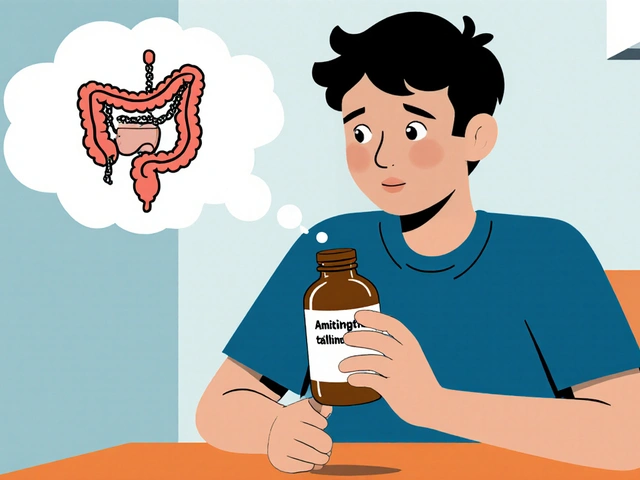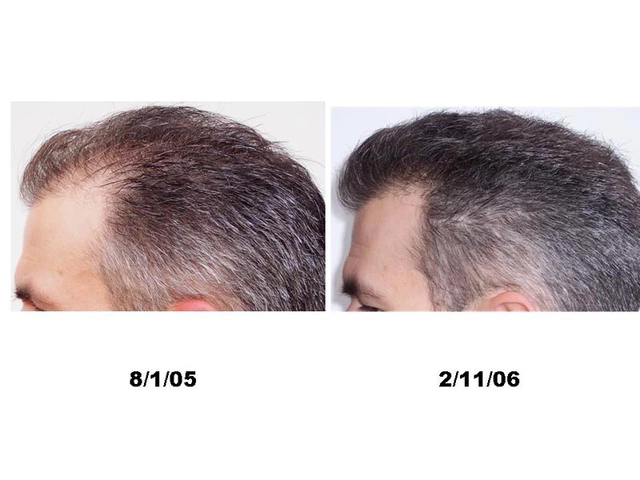Body's defenses: practical steps to protect yourself
Want to feel less vulnerable to colds, infections, and flare-ups? Your body's defenses are not magic — they respond to what you eat, how you move, how you sleep, and which medicines you take. Below are clear, useful actions you can start using today.
Everyday habits that actually help
Sleep matters. Aim for 7–9 hours most nights. Poor sleep lowers immune response and makes vaccines less effective. If you struggle with sleep, try a consistent bedtime, dim lights an hour before bed, and limit caffeine late in the day.
Move your body. Regular moderate exercise — 30 minutes most days or 150 minutes a week — boosts circulation and immune cell function. You don’t need intense workouts; brisk walks, bike rides, or home workouts count.
Eat for strength. Fill half your plate with vegetables and fruit, add lean protein, whole grains, and healthy fats. Protein supports immune cell repair; vitamin C-rich foods (oranges, bell peppers) and zinc sources (meat, beans, nuts) support recovery from illness.
Clean hands and smart hygiene reduce exposure. Wash hands for 20 seconds with soap after being in public, before meals, and after coughing. During sick seasons, avoid crowded indoor spaces when possible and keep shared surfaces wiped down.
Keep stress in check. Chronic stress raises inflammation and weakens the immune response. Try short breathing breaks, a 10-minute walk, or a quick hobby session when anxiety spikes.
Medications, supplements, and when to see help
Vaccines are one of the clearest ways to strengthen your defenses against specific infections. Stay up to date with shots your doctor recommends.
Be cautious with supplements. Vitamin D often helps people who are deficient; vitamin C and zinc can shorten colds if started early. Don’t rely on high-dose supplements long term without medical advice — they can interact with prescriptions like blood thinners or diabetes medicines.
Certain drugs weaken immunity. If you take steroids, chemotherapy, or immunosuppressants, talk to your provider about extra protections like boosters, antiviral prescriptions, or timing of exposure. If you’re on anticoagulants or other chronic meds, ask before adding herbal products or new OTC drugs.
Watch the signs. Seek medical care if you have high fever, trouble breathing, severe pain, confusion, or symptoms that get much worse instead of better. Early treatment matters for infections that can overwhelm weakened defenses.
Small changes add up. Better sleep, balanced meals, regular movement, and sensible hygiene reduce your risk of getting sick. When in doubt, ask a clinician about vaccines, safe supplements, and how your prescriptions might affect your immune system. Protecting your body's defenses doesn’t have to be complicated — just consistent.

Leprosy is a chronic infectious disease that primarily affects the skin, nerves, and mucous membranes. As a blogger, I find it fascinating that leprosy can manipulate our immune system, allowing the bacteria to evade detection and multiply. The two main types of leprosy, tuberculoid and lepromatous, impact our body's defenses differently, with the latter causing severe damage to the immune system. It's important to raise awareness about this disease and the need for early diagnosis and treatment to prevent long-term complications. Understanding how leprosy interacts with our immune system is crucial to finding better ways to combat this ancient, yet still prevalent, disease.
Continue Reading





